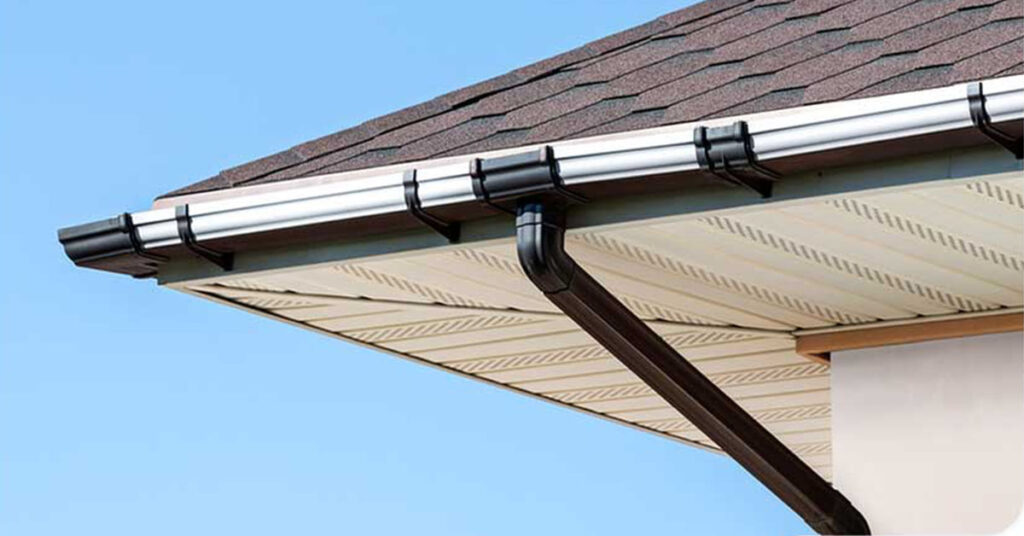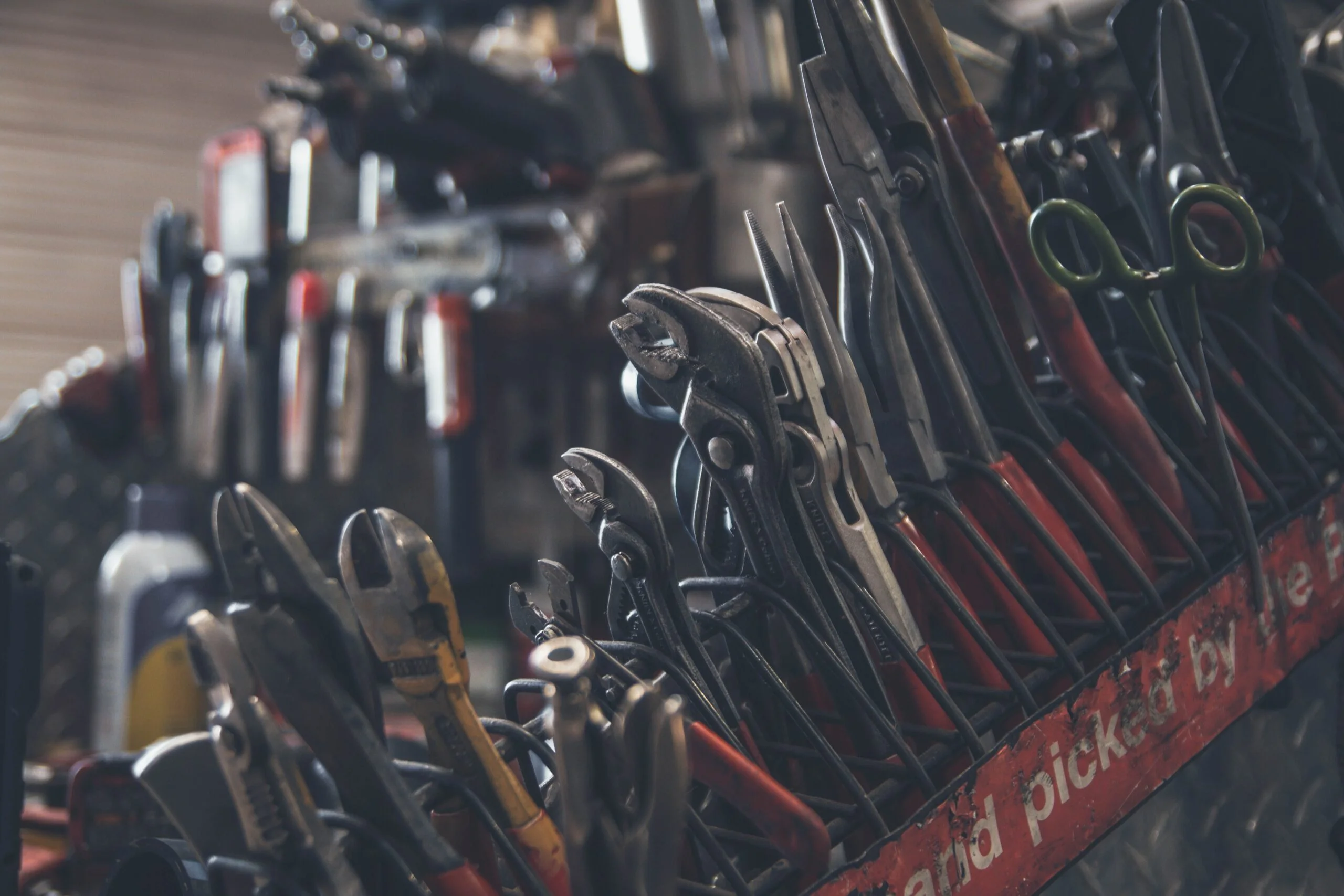When it comes to renovating your home, replacing the roof is often a significant project that homeowners undertake to ensure the structural integrity and longevity of their property. However, a question that often arises is whether it’s necessary to replace the gutters along with the roof. In this article, we’ll explore should you replace gutters when replacing roof. Let’s get started.
The Importance of Gutters
It’s essential to understand the role gutters play in your home’s functionality. Gutters are designed to channel rainwater away from your roof and foundation, preventing water damage and erosion. Without properly functioning gutters, water can seep into your home’s structure, leading to costly repairs and potential health hazards such as mold growth.
Should You Replace Gutters When Replacing Roof?
Replacing your roof is a significant investment in your home’s infrastructure, but what about the gutters? Many homeowners wonder if it’s necessary to replace their gutters when undergoing a roof replacement project. Let’s break down the factors to consider:
1. Assessing the Condition
Before deciding whether to replace your gutters, assess their current condition. Look for signs of wear, such as cracks, rust, or sagging. If your gutters are showing significant damage or are nearing the end of their lifespan, it might be wise to replace them along with the roof.
2. Compatibility with New Roofing Materials
If you’re upgrading to a different roofing material or style, consider whether your existing gutters are compatible. Certain roofing materials, like metal or tile, may require specific gutter systems to ensure proper drainage and support. Discuss compatibility options with your roofing contractor to avoid future complications.
3. Preventing Water Damage
Gutters play a crucial role in directing rainwater away from your roof and foundation. If your gutters are old or damaged, they may not effectively channel water, leading to water damage and potential structural issues. Replacing your gutters during a roof replacement project can help safeguard your home against water-related damage.
4. Long-Term Benefits vs. Upfront Costs
While replacing your gutters may add to the upfront costs of your roof replacement project, it’s essential to consider the long-term benefits. Investing in new gutters can extend the lifespan of your roof by preventing water damage and minimizing maintenance requirements. Additionally, modern gutter systems often come with features like gutter guards or seamless designs, enhancing their effectiveness and durability.
5. Consultation with Roofing Professionals
Ultimately, the decision to replace your gutters when replacing your roof should be made in consultation with roofing professionals. A reputable roofing contractor can assess the condition of your gutters and provide expert advice tailored to your home’s specific needs. They can also offer insights into cost-effective solutions that maximize the efficiency and longevity of your roofing and gutter systems.
Read More: What Is the Cheapest Roofing Material?
Final Thought
While replacing your gutters during a roof replacement project may involve additional costs, it’s a proactive measure that can protect your home from water damage and ensure the longevity of your roof.
By considering factors such as the condition of your gutters, compatibility with new roofing materials, and long-term benefits, you can make an informed decision that enhances the overall integrity and value of your home.


